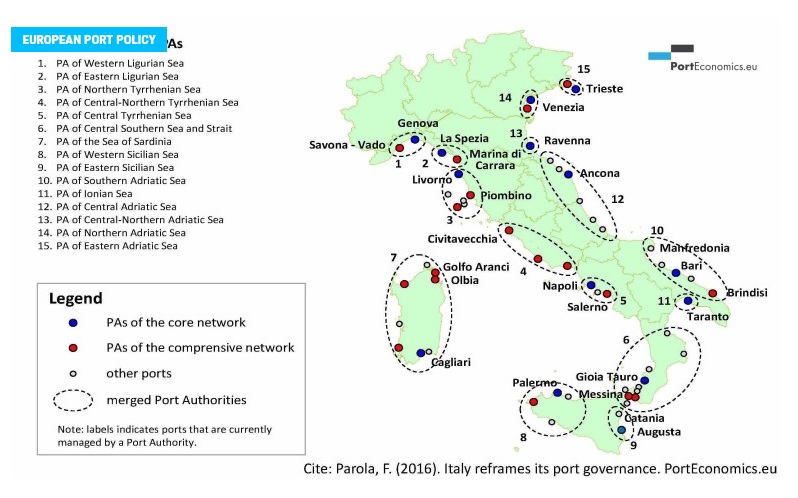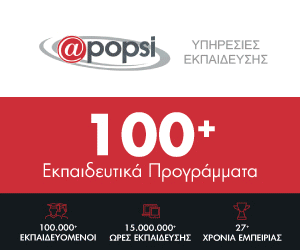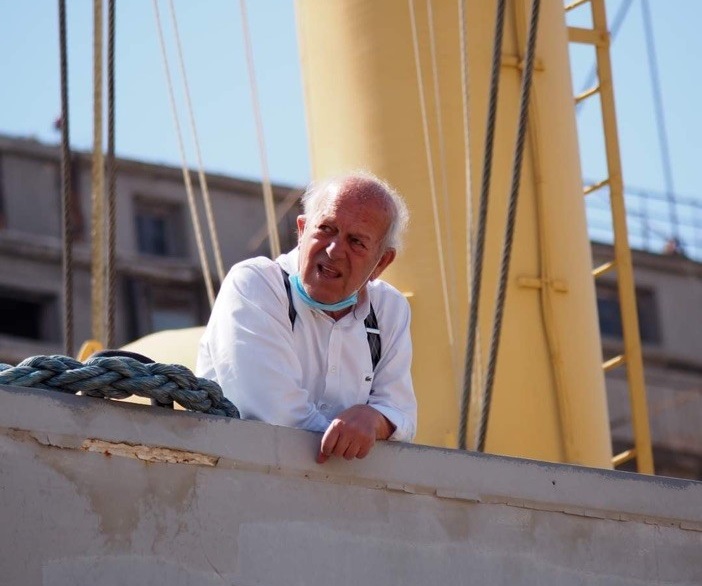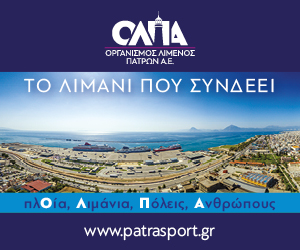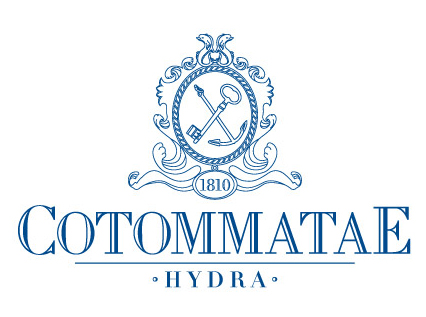After 22 years from the introduction of the landlord system (1994 Port Reform), the Italian Government approved a new reform law that is going to further reshape the organization of the whole port architecture at national level.
The current 24 Port Authorities (PAs), together with other 33 minor ports, are going to be substituted by 15 Port System Authorities. In line with the rationale of the Law, PSAs inherit the duties and the power of traditional PAs, with a broader geographical scope. Existing PAs, indeed, have been merged into PSAs in accordance with historical background, political pressures, port characteristics and hinterland profile. For example, the three Ligurian ports were included in two different PSAs while three Apulian PAs formed a single PSA joining a couple of minor ports (see Figure).
During the drafting phase, the Reform generated a strong debate in the maritime community as some leading port Regions, like Liguria, have asked the introduction of differentiated governance mechanisms and financial autonomy for top ports, even contemplating the corporatization of the current public entities. In the end, such claims have been disappointed.
Among the “pros” of the incoming governance regime we have to recognize the reduction of the number of board members in each PSA, that should speed-up executive decisions and reduce administration costs. The Law also recommends the setting of Key Performance Indicators (KPIs) for monitoring and evaluating the management of the PSA.
Nonetheless, the reform is generating a negative feeling among stakeholders because it undertakes a re-centralization of the executive power from the periphery to Rome, in opposition to the devolution processes that took place in a number of maritime countries worldwide. In addition, the Reform fails to provide to the PSA the managerial tools and the financial resources that are necessary to pursue the ambitious port development strategies set a national level. Indeed, the new PSA will be a non-economic public entity, contrary to the choices undertaken in Northern Europe where the Port Authorities of Rotterdam, Antwerp and Amsterdam are corporations subject to private law.
The new Italian law will come into force by a couple of weeks and the implementation process is expected to raise concerns because of the appointment of the new Presidents (a delicate political matter….) as well as the harmonization of the existing Master Plans within the newly constituted PSAs.
porteconomics.eu
Sidebar
08
Τετ, Μαϊ


